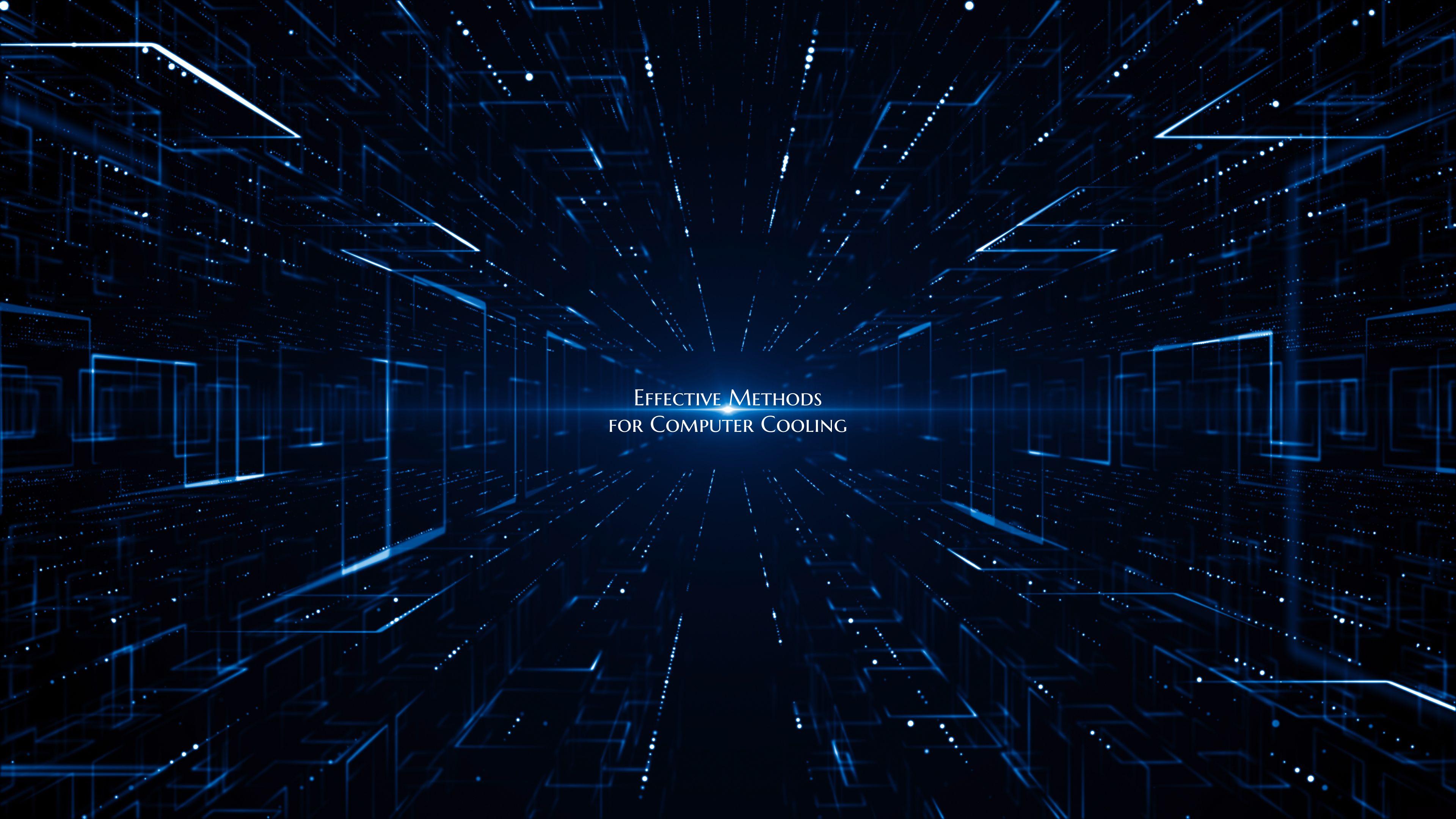Effective Methods for Computer Cooling
Introduction:
Maintaining optimal temperatures is crucial for the optimal performance and longevity of computer systems. Overheating can not only slow down a computer's processing power but also lead to permanent damage to its components. To prevent these issues, it is important to employ effective methods for cooling your computer.
1. Proper Airflow Management:
- Ensuring proper airflow inside the computer case is essential for keeping components cool. This can be achieved by strategically placing fans to intake cool air and exhaust hot air. Additionally, keeping the internal components organized and free from obstructions can improve airflow.
2. Upgrading Fans and Coolers:
- Investing in high-quality fans and CPU coolers can significantly improve the cooling efficiency of your computer. Larger fans with higher RPMs can move more air, while advanced CPU coolers with heat pipes and high-quality thermal paste can effectively dissipate heat.
3. Liquid Cooling Systems:
- Liquid cooling systems, also known as water cooling, are becoming increasingly popular for their superior cooling performance. These systems use a pump to circulate liquid coolant through a series of tubes and blocks to absorb and dissipate heat more efficiently than air cooling.
4. Thermal Management Software:
- Utilizing thermal management software can help monitor and control the temperature of various components in real-time. This software allows users to adjust fan speeds, monitor temperature levels, and set cooling profiles to optimize performance while keeping temperatures in check.
5. Proper Cable Management:
- Proper cable management not only improves the aesthetics of your computer but also plays a crucial role in airflow and cooling. Organizing cables and keeping them away from airflow paths can prevent them from obstructing fans and components, thus improving overall cooling efficiency.
6. Regular Cleaning and Maintenance:
- Dust accumulation inside the computer case can hinder airflow and cause components to heat up excessively. Regularly cleaning the fans, filters, and internal components with compressed air can help prevent overheating issues and maintain optimal cooling performance.
Conclusion:
Efficient computer cooling is essential for preventing overheating and ensuring the longevity of your system. By implementing proper airflow management, upgrading fans and coolers, utilizing liquid cooling systems, employing thermal management software, practicing good cable management, and performing regular maintenance, you can effectively keep your computer cool and running smoothly. Prioritizing these effective cooling methods will not only enhance your computer's performance but also extend its lifespan.

